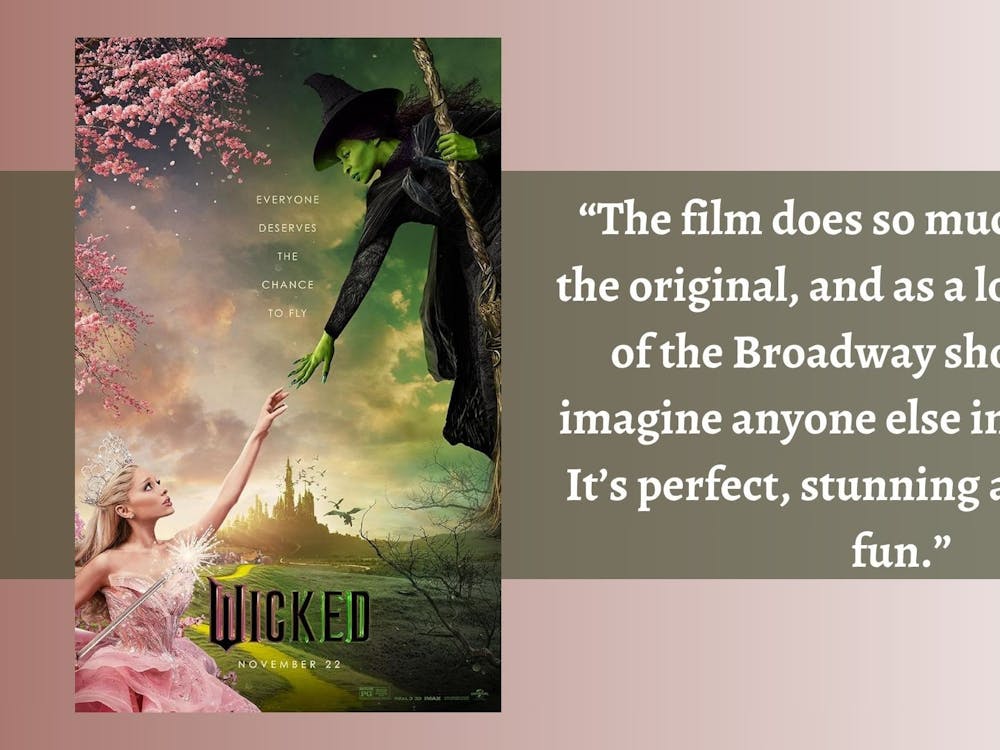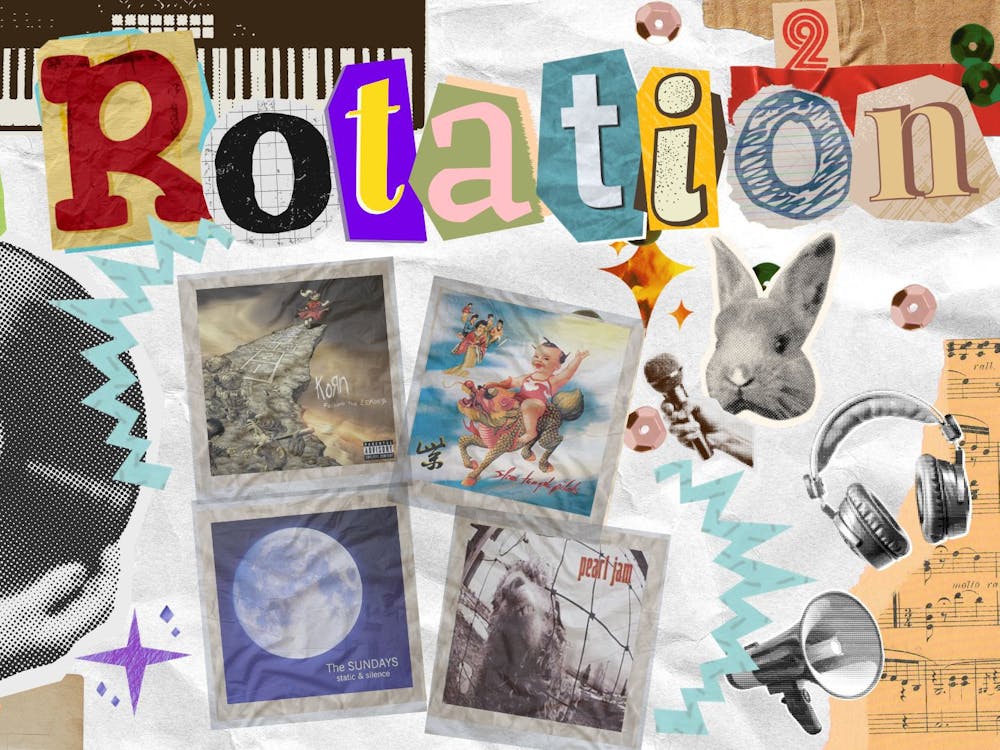By Jack Ryan, Senior Staff Writer
How far would you go to protect someone you love?
This question is the driving force in every moment of "Room," a fictional tale of a captive mother, Ma, (Brie Larson) and her 5-year-old son, Jack (Jason Tremblay). Adapted by Emma Donoghue from her book of the same name and exquisitely directed by Lenny Abrahamson, "Room" is far and away one of 2015's best films.
Ma, abducted at 17 by a stranger known only as 'Old Nick' (Sean Bridgers), has not seen the outside world in seven years. Jack was conceived, born and raised here, and not only has he has never been outside, he has no idea of the world past the walls of his home, nor the grim situation he is stuck in. Due to his mother's protective teachings, all he recognizes as real is the interior of the shed, which he refers to as 'Room.'
Split into two equally earth-shattering parts, "Room" begins on Jack's fifth birthday, deftly exploring Ma and Jack's imprisonment and lifestyle in Room. They spend their days playing and surviving - Jack growing as a child and Ma quietly trying to devise a way out.
Following a successful escape plan - and some suspension of disbelief on our part - "Room" changes location, but not tone, revealing the unforeseen trials and long-lasting problems that affect Ma and Jack on the outside.
At its core, "Room" is a film about innocence. With her youth and future having been abruptly swept away from her, Ma is visibly struggling to preserve her son's existence and hope for the future. Jack, having been taught that nothing exists outside the duo's shed, is shaken by the discovery of the world outside, and struggles in his own way to realize reality.
The greatest innovation of "Room" rests in the unique perspective and narration of Jack, who sees Room not as an 80-square-foot prison, but as an entire universe of possibility. Abrahamson creates this subjective reality by filling the first half of the film with wide shots that make the condensed space feel infinitely bigger, before integrating disorienting focal lengths and skewed focuses for Jack's entrance into the real world.
Abrahamson is masterful in his imagery, creating a tale that is horrifying in its passivity. The depravity of themes like rape and malnutrition are amplified by Jack's lack of response, forcing the viewer to imagine what horrors could have led up to these moments.
Abrahamson manages to bring stellar performances out of his actors, providing "Room" with its true emotional axis.
Brie Larson is unbearably torn as Ma, a girl thrown from the cliff of juvenile irreverence into the gorge of bleak reality, only to be resurrected by a love for her tainted child. At times, her ever-revealing visage makes it difficult to tell whether she is imprisoned to Room, or to her love of Jack, echoing the film's theme of suffocating parenthood.
Jacob Tremblay is heartbreakingly innocent as Jack, witnessing and living through atrocities that he just shakes off as a regular part of life. He is every bit a regular kid inside Room, and watching his internal evolution and tumultuous adaptation to the real world is simultaneously painful and uplifting. This is the best performance by a child (Tremblay just turned 9) since Quvenzhané Wallis in 2012's "Beasts of the Southern Wild."
Enjoy what you're reading?
Signup for our newsletter
These performances, which will most likely lead to Oscar nominations, are great on their own rights, but mean nothing without Larson and Tremblay's unspeakably real chemistry. They fight, love, play and speak like two people who know each other inside and out, allowing "Room" to transcend its medium and feel entirely real.
However, despite its underdog narrative and the central tagline, 'love knowing no boundaries,' "Room" is not a feel-good film and is not for the light of heart. Depression rests inside these walls and out, and characters are constantly crumbling from the film's harsh beginning to bittersweet end.
"Room" is a 'could you even imagine' kind of film - beautifully nauseating in its no-holds-barred delivery and sincerely honest in its portrayal of family, creating an unparalleled air of melancholic wonder that lingers far past the credits.
4/4 stars




